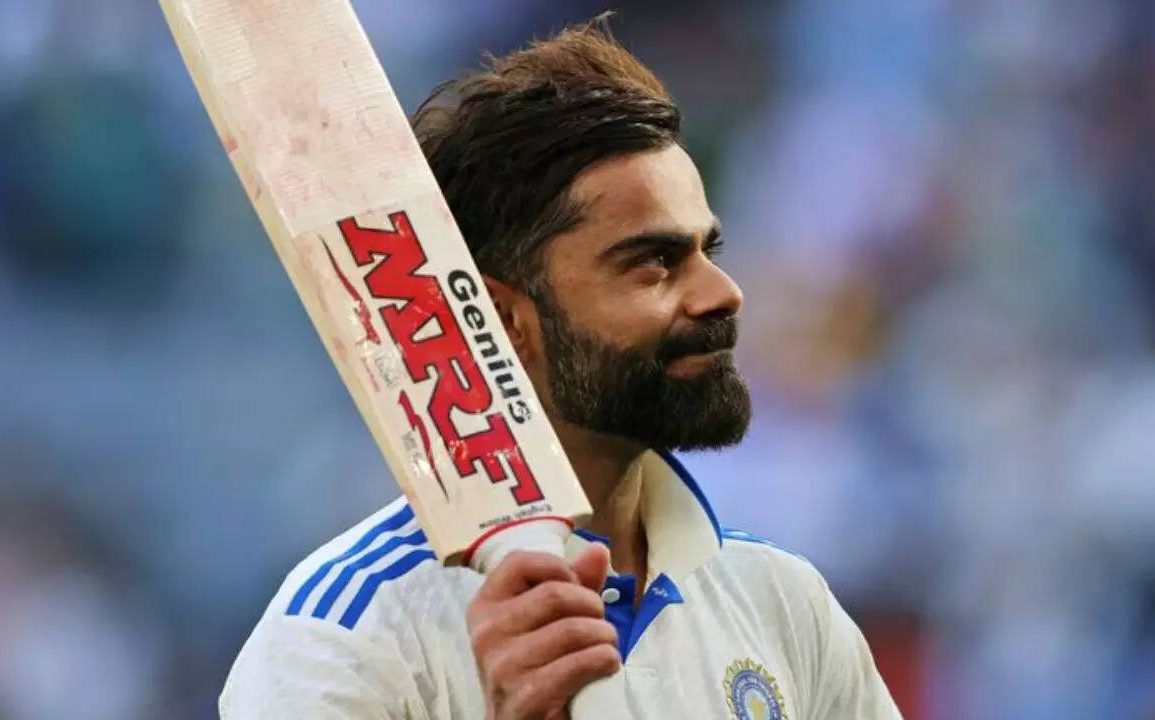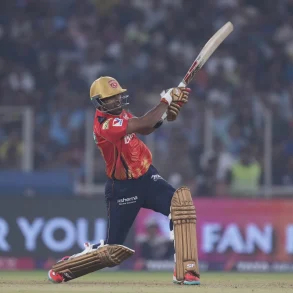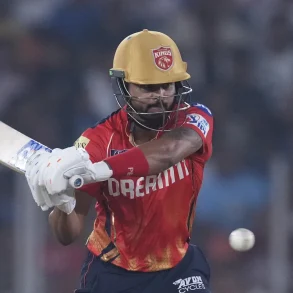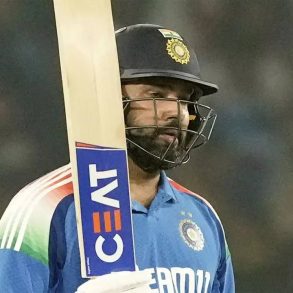Virat Kohli’s retirement from Test cricket marks the conclusion of a remarkable and thunderous era. More than just a prolific run-scorer, Kohli was a transformative force in Indian cricket, often seen as the most culturally significant figure since Sachin Tendulkar.
If Tendulkar was a symbol of technical mastery and quiet elegance, Kohli embodied a fiery, confident, and unapologetic new India. His exit doesn’t just create a gap in numbers—it alters the entire emotional and psychological rhythm of Indian cricket.
Before Kohli, India’s overseas reputation in Tests was one of respectable skill but psychological vulnerability. The transformation began under Sourav Ganguly, matured with MS Dhoni’s calm leadership, and was set ablaze by Kohli’s aggressive mindset.
He didn’t just want India to compete abroad—he demanded they dominate. Kohli’s leadership made belief a baseline, not a bonus. His approach was fiercely competitive, often confronting, but it turned India into a global Test force.
Defining Series, Gritty Centuries, And Global Dominance Shaped Kohli’s Test Cricket Legacy
Two defining series cemented Kohli’s legacy. First came redemption in England in 2018, four years after a disastrous 2014 tour where he was tormented by James Anderson. Kohli responded by obsessively working on his technique, returning to score 593 runs across five Tests, including a masterful 149 at Edgbaston.
The second milestone was India’s historic 2018–19 Test series win in Australia. Though Cheteshwar Pujara led in runs, Kohli’s 123 in Perth on a tough pitch epitomized leadership through performance. As captain, he led India to their first-ever Test series win down under—an accomplishment that had eluded generations.
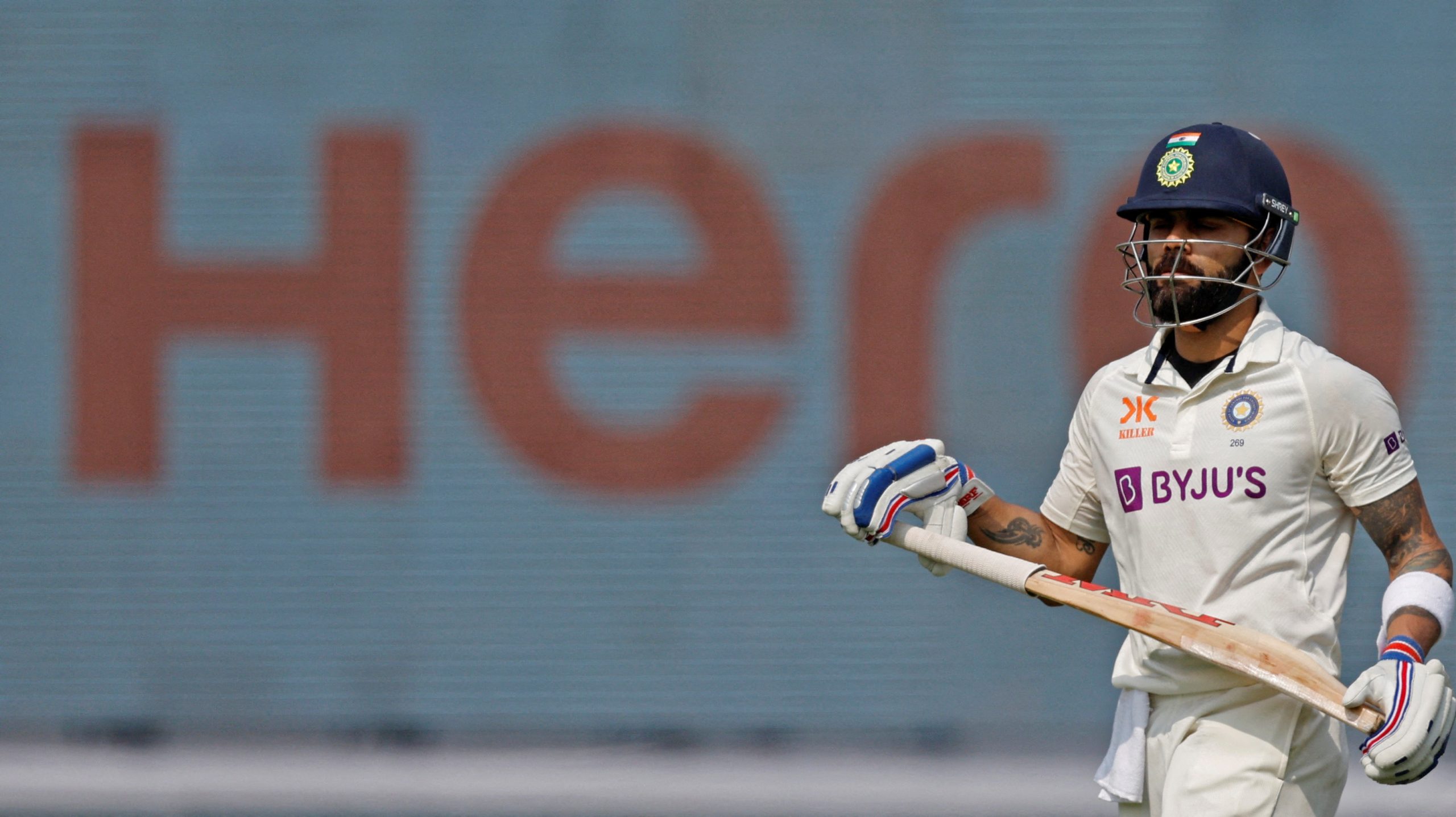
Kohli’s batting was more than statistics; it was a language of intent, precision, and passion. He didn’t rely on brute force but on timing, classical technique, and mental sharpness. Whether it was the 141 in Adelaide, the 153 in Centurion, or the 254* at home, Kohli’s innings were statements.
He rarely employed flashy innovations—his mastery came from making traditional strokes feel contemporary and dominant. His success across continents proved his adaptability and class in all conditions.
Mental Resilience, Disciplined Evolution, And Legacy Beyond Numbers Define Kohli’s Lasting Impact
Kohli’s mental preparation set him apart. He visualized hostile spells, crowds, and scenarios before they happened. His ability to anticipate pressure and perform under it was his true superpower. A defining personal moment was in 2006, when he played a Ranji innings shortly after his father’s death—scoring 90 under emotional duress. Kohli didn’t shy away from challenges; he absorbed them and returned stronger, turning every failure into fuel.
Kohli’s journey began with flair and defiance as a U-19 World Cup-winning captain. But early in his career, questions about discipline and attitude emerged. Responding with introspection, he overhauled his fitness, diet, and mental focus—becoming the model of a modern athlete.
His evolution reflected India’s own changing global identity: confident, professional, and unapologetically ambitious. Despite his stardom, Kohli never let white-ball glitz eclipse his love for Test cricket, which he upheld as the pinnacle.
With over 9000 runs, 30 Test centuries, and landmark overseas victories, Kohli’s record is outstanding. But his legacy transcends numbers. He made fitness non-negotiable, brought fast bowling to the forefront, and expected excellence from everyone—especially himself.
Moments like defending Steve Smith from crowd jeers in 2019 showed his maturity and statesmanship. Kohli was polarising, yes—but all revolutionaries are. He changed how India played, thought, and felt about cricket. And though his bat may fall silent in Tests, the echo of his reign will linger for generations.



